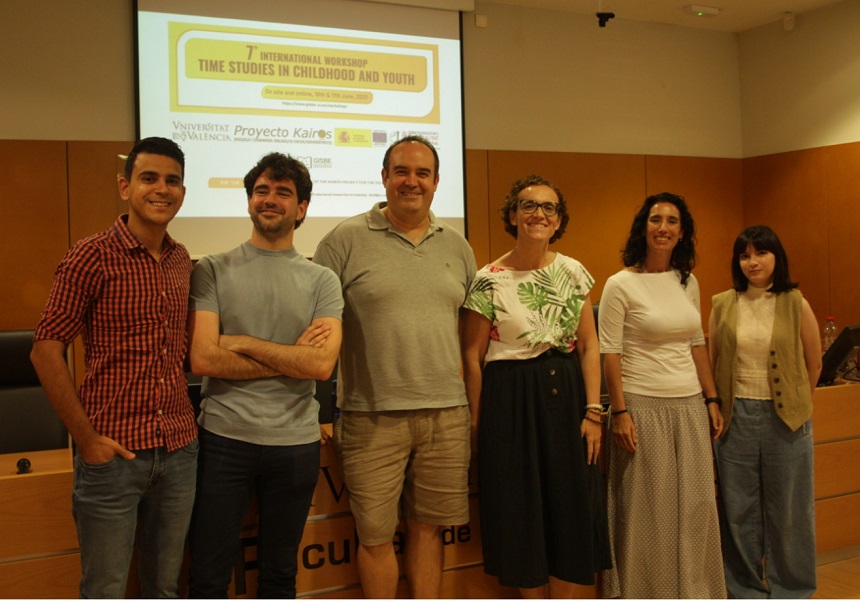The University of València partners with Microsoft Research to develop Artificial Intelligence models for food security
- Image Processing Laboratory (IPL)
- June 30th, 2022

Microsoft Research has decided to fund a project in collaboration with the Universitat de València and the University of Reading (UK). The Image Processing Lab (IPL) of the Universitat will develop a new generation of AI algorithms to model and understand the impact of humanitarian interventions on food security in Africa.
The Microsoft Climate Research Initiative (MCRI) funds activities to drive transformations in decarbonization, carbon accounting, and climate risk assessments. “As researchers, we’re excited to work together on projects specifically selected for their potential impact on global climate challenges. With Microsoft’s computational capabilities and the domain expertise from our academic collaborators, our complementary strengths can accelerate progress in incredible ways.”, says Karin Strauss, Microsoft Senior Principal Research Manager.
In this edition, Microsoft funded 9 collaborative projects with academia worldwide that span topics including materials engineering, data fusion, and causal inference for understanding and predicting climate risk. The project from the Universitat de València together with the University of Reading is called Causal4Africa, and will investigate the problem of food security in Africa from a novel Artificial Intelligence (AI) standpoint. The problem is of pressing urgency given the severe situation in the continent and the Horn of Africa in particular. The project will illustrate the usefulness of causal discovery and estimation of effects from observational data by intervention analysis. Ambitiously, it will improve the usefulness of causal ML approaches for climate risk assessment by enabling the interpretation and evaluation of specific interventions' likelihood and potential consequences.
“We are very excited about starting the project and collaboration with MSR. Tackling this pressing problem in the intersection of climate, environment, and society with advanced causal discovery methods is challenging and very motivating,” says Prof. Camps-Valls, coordinator of the ISP group at the University of València. Prof. Ted Shepherd, leader of the University of Reading (UK) team in the project, adds “The overarching goal is to illustrate how causal discovery and cause-effect impact assessment methods help in understanding the coupled system and the impact of humanitarian interventions on food security levels.”
Dr. Varando (co-PI at ISP) comments: “The problem is very complex; multivariate, multiscale, nonlinear and spatio-temporal cause-effect relations are to be expected, together with legacy effects. Standard machine learning methods struggle to explain the problem, and we need advanced causal inference algorithms to discover the causal relations and to evaluate the likelihood as well potential consequences of specific interventions.” José María Tárraga, a researcher at the ISP adds: “Food security is at an unprecedented risk level these days, especially triggered by continuous drought events, complicated interactions between food prices, energy inflation, and underfunded humanitarian aid/action, along with disrupting conflicts and human displacement flows.”
















